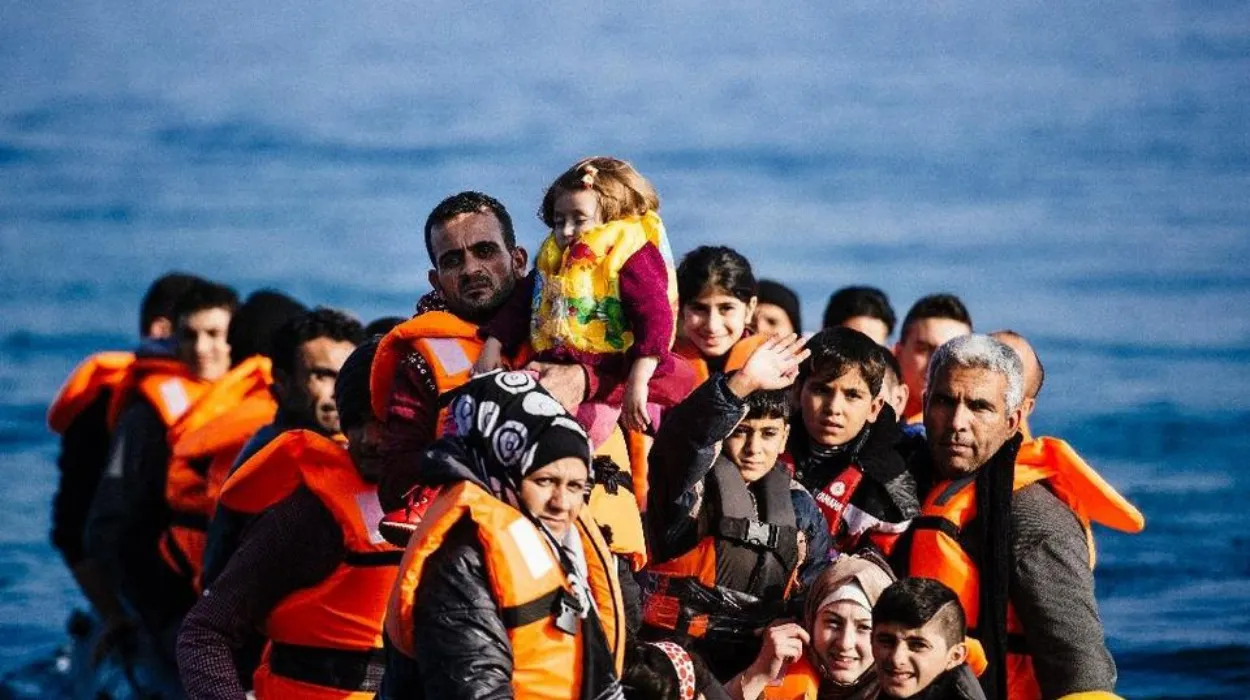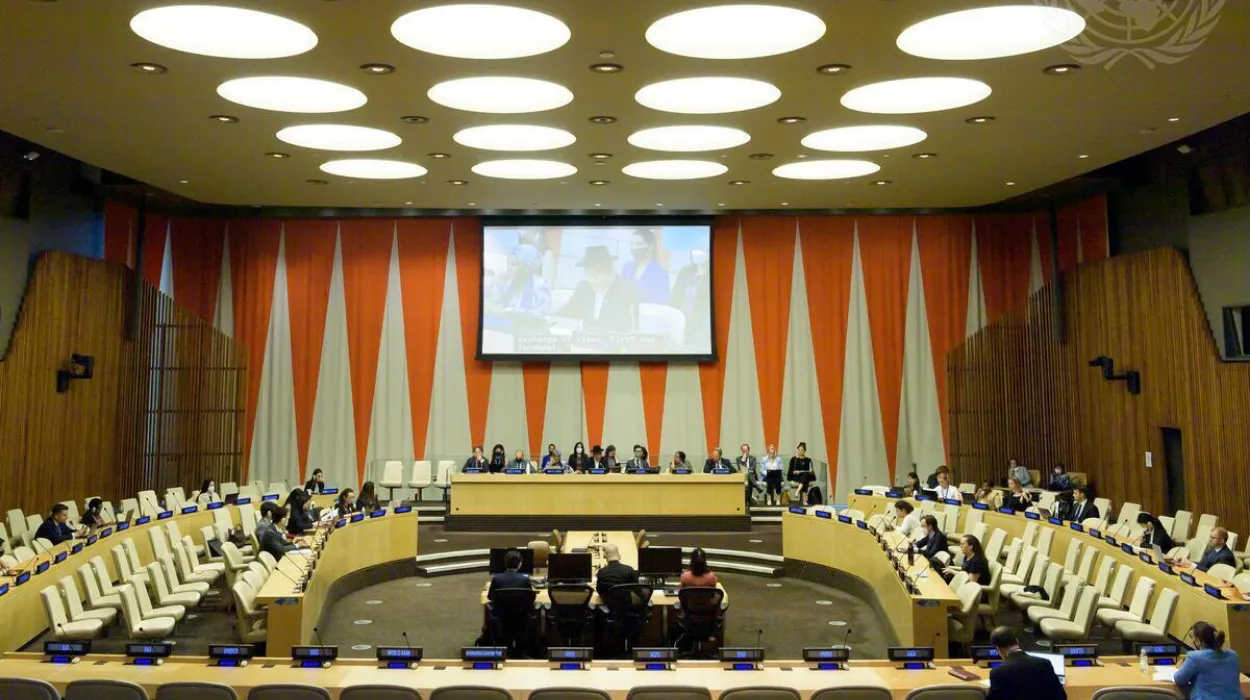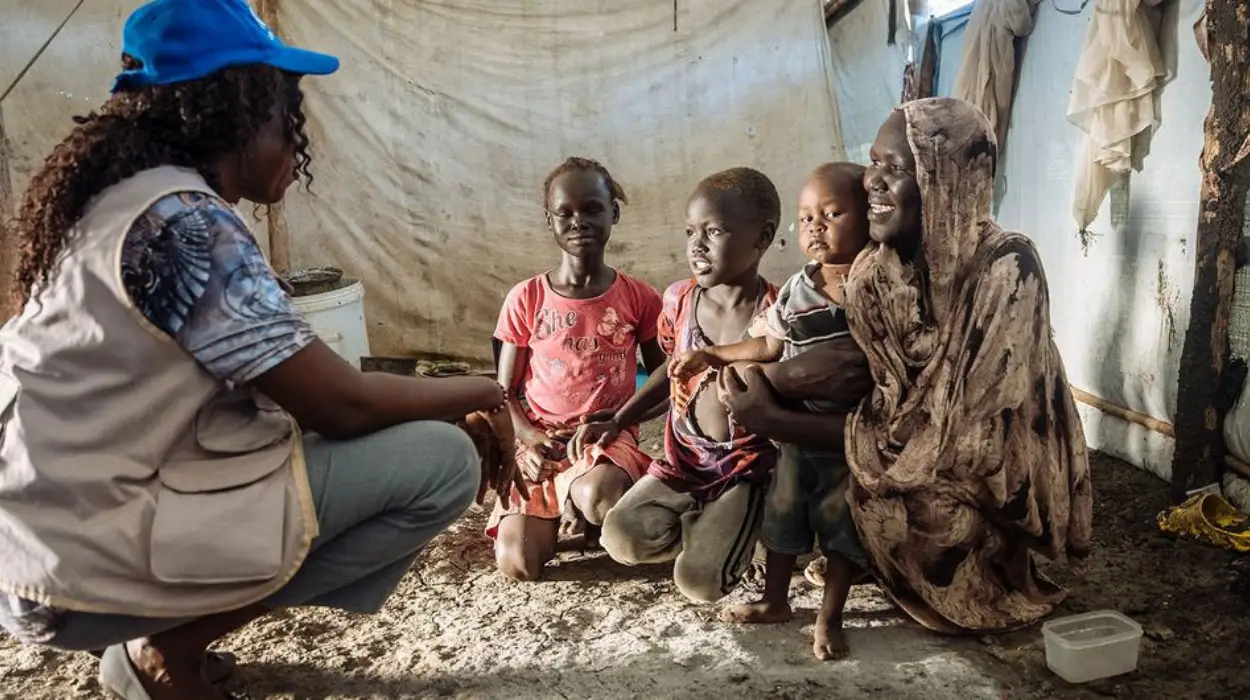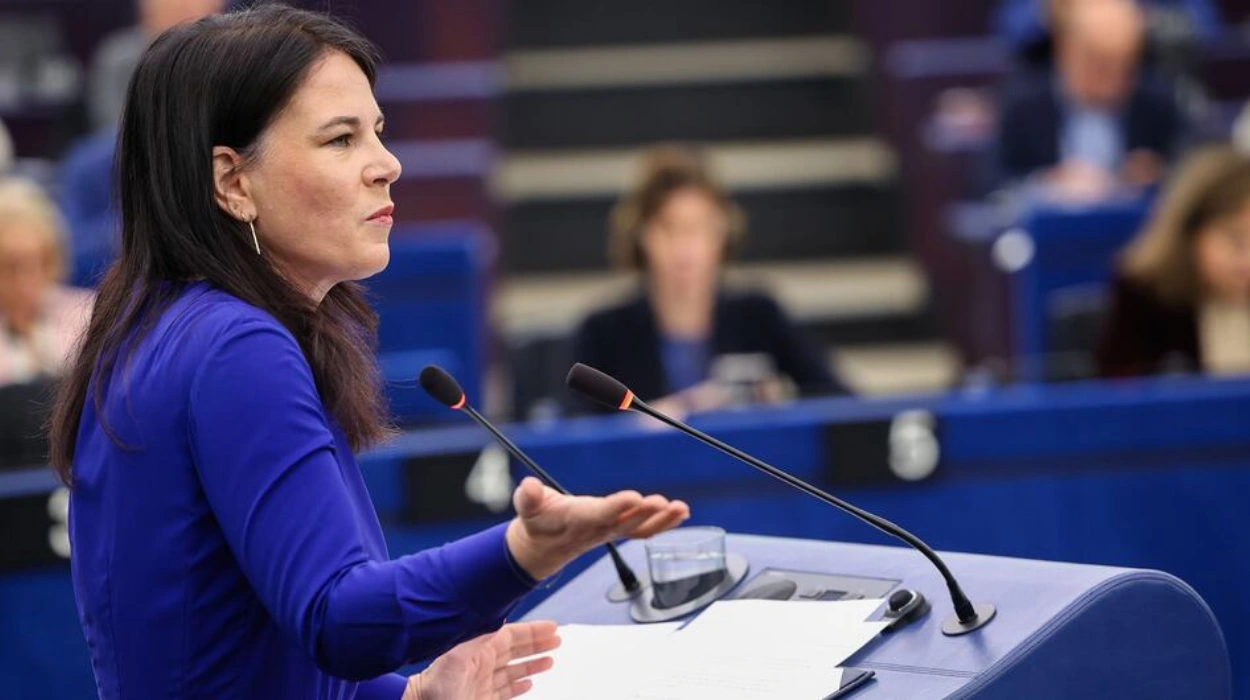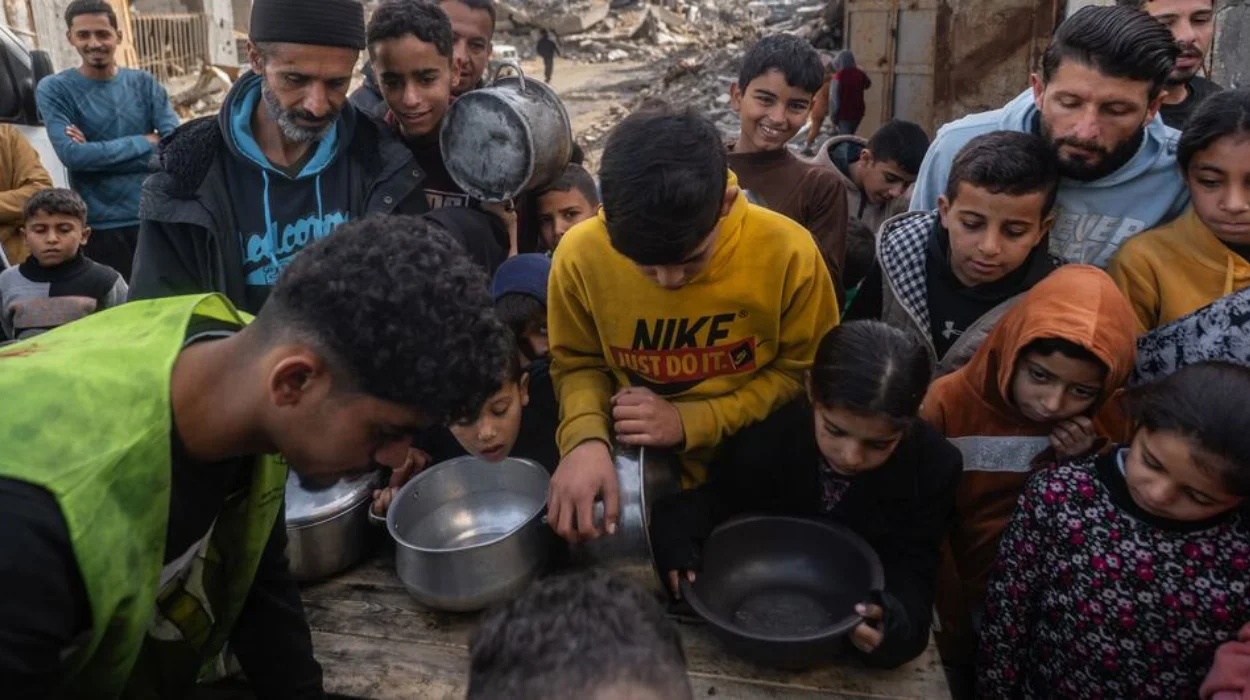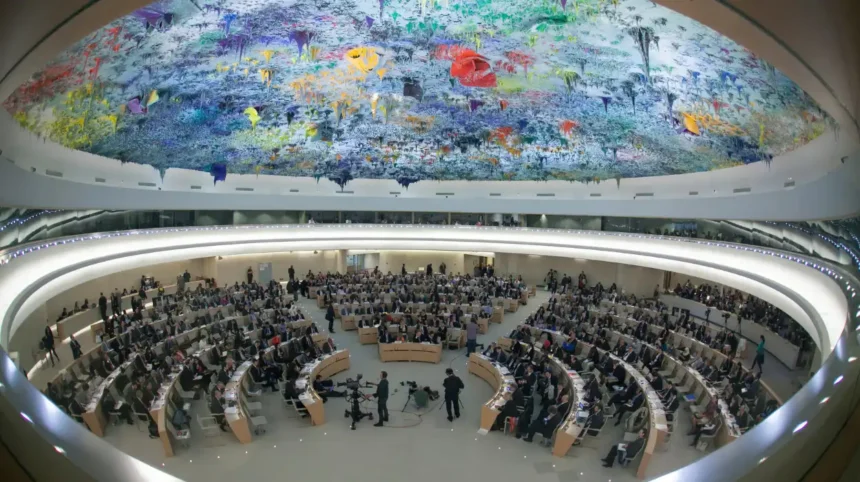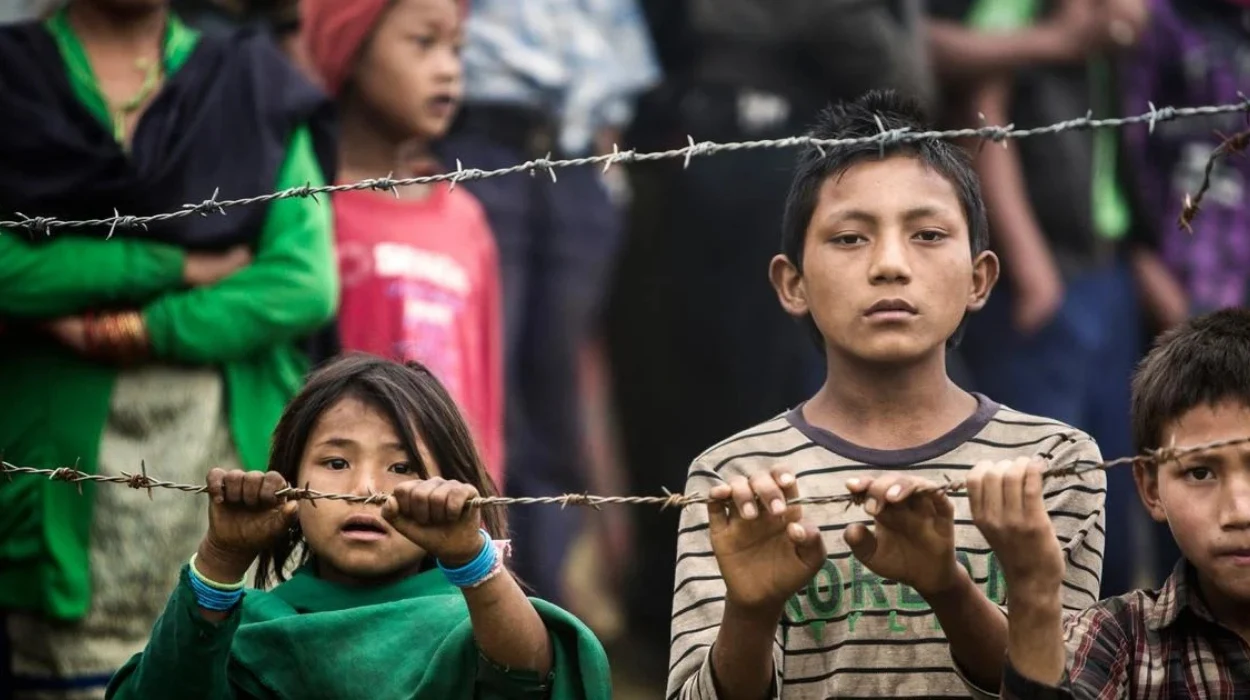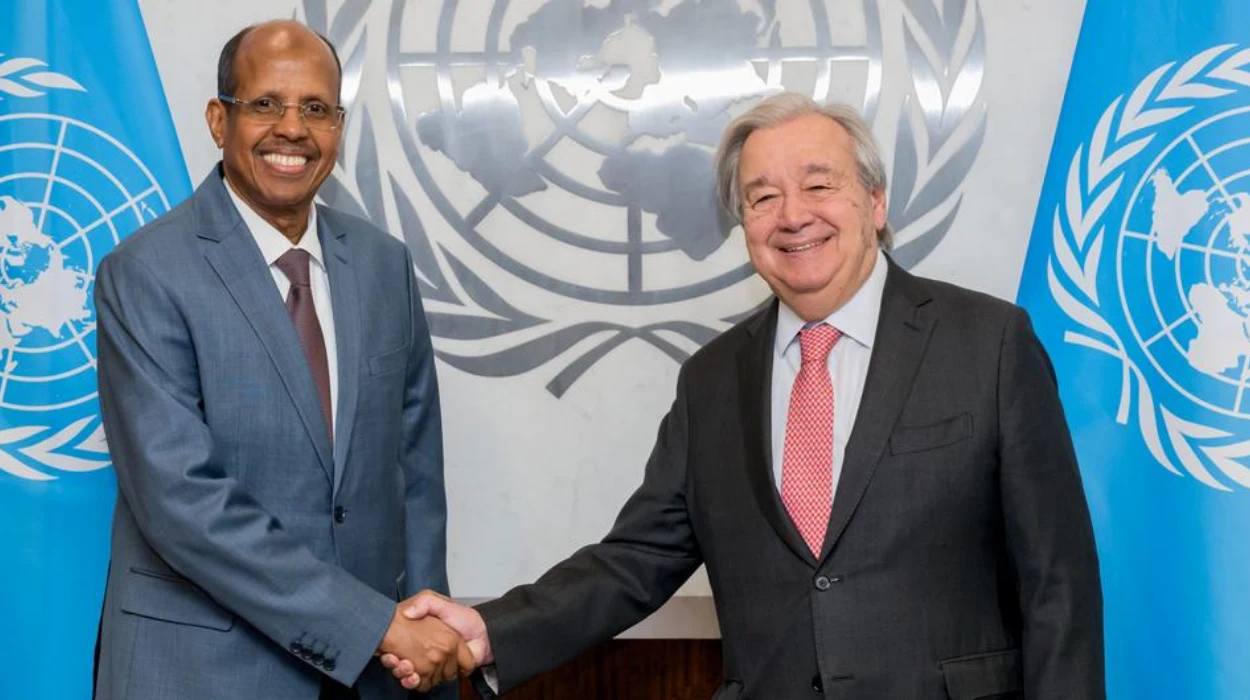Politicization of the UN Human Rights Council remains an influential trend in determining the accountability and norms of the world in 2025. The mandate of the Council which is based on universal human rights principles is facing the growing pressure of geopolitical rivalry and state based bloc approaches that affect procedural results. These influences influence the agenda of the Council in manners that tend to confuse the intentions of principled supervision and political trading.
The events of the past few years have intensified the questioning of the independence of the Council, focusing on its capacity to act in situations where the major powers are at war with each other, alliances shift, and crises in the region arise, such as the conflict in Eastern Europe, human rights violations in certain parts of Asia and the Sahel. The 2025 sessions indicate the long standing concerns by the watchdog groups regarding the role of political considerations in voting, the handling of country specific resolutions, and appointment of special mandate holders.
How power politics shape decision-making within the Council?
The role played by the regional blocs is another characteristic of the UNHRC operational environment. African Group, the Arab Group, and the Organisation of Islamic Cooperation frequently collude in voting patterns to gain desirable results to the member governments. On the same note, alliances headed by great powers influence debates on sanctions, investigative mechanisms and emergency sessions.
In 2025, various observer bodies recorded cases of resolutions on grave violations not being progressed by political affiliations keeping states out of check. The text or procedure stalling that is habitually a result of the coalition negotiations curtails the ability of the Council to give bold findings or launch independent investigations. This force strengthens the mechanisms of selective attention, according to which certain crises are actively debated whereas others are marginalized.
Selective scrutiny and geopolitical strategies
The issue of instrumentalization of human rights is still a repeated issue. States often give high levels of violations committed by their geopolitical opponent and downplay or dispute violations committed by an ally. This has a tendency to turn the debate on human rights into a parallel battlefield of diplomacy.
Watchdog analysts in Geneva observed that a number of delegations employed sharp language in displaying that abuses in adversarial states were used in the 2025 sessions, at the same time playing procedural games to prevent scrutiny of their own practices at home. This trend undermines the normative base of the Council based on which it forms imbalances in the approach to global crises and undermines the confidence of the population in multilateral control systems.
Watchdog assessments of institutional weaknesses
Special rapporteurs, as well as other independent experts, have expressed their concerns over the pressures they receive by the member states. These pressures are manifested in the shape of an external reproach, prohibition to visit the country, and trying to affect the framing of reports. In early 2025, a senior rapporteur said that cooperation was increasingly becoming constrained by political tension surrounding mandates and it was challenging to obtain reliable information.
These restrictions are a drag to the fact-finding apparatus of the Council, particularly in areas where the access is already confounded by the conflict or authoritarian rule. It becomes even harder to uphold credibility of findings where there is a diplomatic backlash by experts or lack of resources.
Membership controversies and credibility debates
The 2025 election of multiple states which have disputed human rights histories sparked a fresh discussion on membership criteria. According to the supporters of transparency, the states that are accused of a credible allegation of systematic violation should not be included in the body that plays the role of the global watchdog. Nevertheless, the geopolitical approach to regional distribution is still effective to determine the result, and it is rather hard to implement the merit-related criteria.
Reform provisions such as an independent vetting committee and enhanced reporting of candidates have been floated again yet no political consensus is yet achieved. These tensions, which remain unsettled, confirm the challenge of being able to walk the fine line between inclusiveness and normative integrity in a globally representative institution.
Reform pathways and the slow trajectory of institutional change
Civil society organizations and other independent watchdogs still pressure towards greater openness in setting the agenda and better safeguards in governance. Their suggestions underline public reporting of the voting grounds, more specifics when defining which mechanisms should be set up to investigate, and less effect of political bargaining on renewing the mandate.
There are some delegations in 2025 that have advocated a closer collaboration with the Office of the High Commissioner of Human Rights; OHCHR is seen as a stabilizing force that can base the debate on evidence-based evaluation. Nonetheless, the speed of procedural innovation is slowed down by political opposition of some of the member states.
Limits of reform amid global fragmentation
Although there is an increasing movement towards having stronger independence, political realities limit reforms that are possible. The Council works under the wider architecture of the UN system wherein sovereign equality and diplomatic consensus determine the outcomes with more certainty than the principles of technocratic oversight do. With the growing global polarisation, procedural tools are deployed by states to pursue national priorities restricting the drive towards transformational change.
As observers observe, even small changes can help make operations more clear, but the structural issue of politicization is unlikely to end without changes in international politics. The Council itself is a reflection of more general conflicts between multilateral ambitions and state action.
The evolving role of the Council in a complex geopolitical environment
The persistence of politicization in the UNHRC has material implications on communities that are repressed, in conflict, and have humanitarian crises. When resolutions are lost or questions suppressed, early warning, diplomatic pressure and accountability opportunities are lost. On the other hand, at the time of political alignment in favor of action, the Council shows its potential as the significant platform of international observation.
The dual reality is depicted in the mixed record of 2025. Other crises may be not well engaged with as compared to the strong actions on some of them and this is a form of inconsistency that watchdog bodies still point out as vulnerabilities within the system.
A shifting landscape for advocacy and oversight
Nevertheless, despite the limitations, the civil society organizations continue to be the key players of providing independent information and promoting more powerful mechanisms. Their capacity to record injustices, interrogate political histories and cooperate within international borders shapes the agenda of the Council despite the efforts by member states to influence the process. The 2025 developments of digital surveillance and open-source validation also increase the ability of watchdog groups to aid discussions that are based on facts.
The demands of the independence of the UNHRC will only increase as the world faces new repression modes and increasing global crises. This perpetual tussle between advocacy demands and political intrigues creates a dynamic canvas upon which the role of the Council has only changed and continues to change yet the contest. These tensions lead to even more destructive issues of how the future reformation can work out the contradictions between the state centred diplomas and requirements of the universal human rights watchdog especially as changing geopolitical alliances alter the scope of accountability in the coming years.


